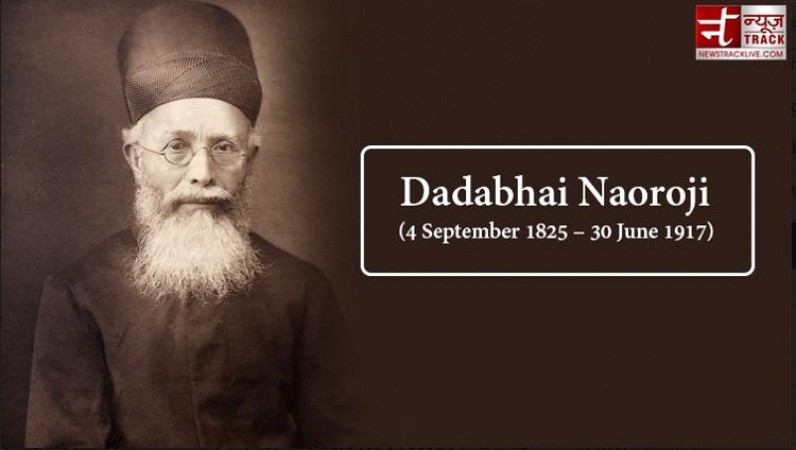
On June 30, 1917, India mourned the loss of one of its most prominent political leaders and freedom fighters, Dadabhai Naoroji. Fondly remembered as the "Grand Old Man of India," Naoroji played a pivotal role in shaping the Indian independence movement and laid the foundation for the Indian National Congress (INC). This article pays tribute to the life, achievements, and legacy of Dr. Dadabhai Naoroji.
Dadabhai Naoroji was born on September 4, 1825, in Mumbai (then Bombay Presidency) to a Parsi family. Despite facing financial constraints, Naoroji was determined to receive an education. He attended Elphinstone College and later traveled to England for higher studies. In 1855, he became the first Indian to be appointed as a professor at the University of Mumbai, where he taught mathematics and natural philosophy.
Naoroji's involvement in politics began in the 1860s when he started voicing his concerns about British colonial policies and their impact on India's economy. He fervently advocated for Indian rights and actively participated in social and political reforms. In 1885, Naoroji played a crucial role in founding the Indian National Congress, which aimed to unite Indians in their struggle for self-governance.
Naoroji is renowned for his influential economic theories, particularly the "Drain Theory." He meticulously studied the economic exploitation of India by the British, highlighting how wealth was being drained out of the country to benefit Britain. Naoroji's work provided a comprehensive analysis of the economic ramifications of British colonial rule, shedding light on India's impoverished condition and the urgent need for economic self-sufficiency.
Member of Parliament and International Influence: In 1892, Dadabhai Naoroji became the first Indian to be elected to the British Parliament, representing the Liberal Party from the Finsbury Central constituency. His election marked a significant milestone for the Indian nationalist movement and showcased India's capabilities on the global stage. Naoroji tirelessly raised his voice for Indian rights and was a passionate advocate for self-rule.
Dadabhai Naoroji's contributions to India's freedom struggle and the Indian National Congress are immeasurable. He relentlessly fought for equality, justice, and the empowerment of Indians. Naoroji's economic theories and political activism laid the groundwork for future leaders and movements in India's quest for independence. His legacy continues to inspire generations of Indians in their pursuit of a just and prosperous nation.
As we observe the death anniversary of Dr. Dadabhai Naoroji, we reflect on his indomitable spirit, unwavering dedication, and profound impact on India's struggle for independence. Naoroji's ideas, vision, and leadership continue to resonate with the values of democracy, justice, and equality. His contributions as a scholar, politician, and nationalist serve as a guiding light for future generations, reminding us of the importance of unity, perseverance, and the pursuit of a better tomorrow.
This Day in History: Steve Wozniak Tests First Prototype of the Apple-I Computer
This Day That Year: June 29, 2007, The iPhone is released by Apple, Inc